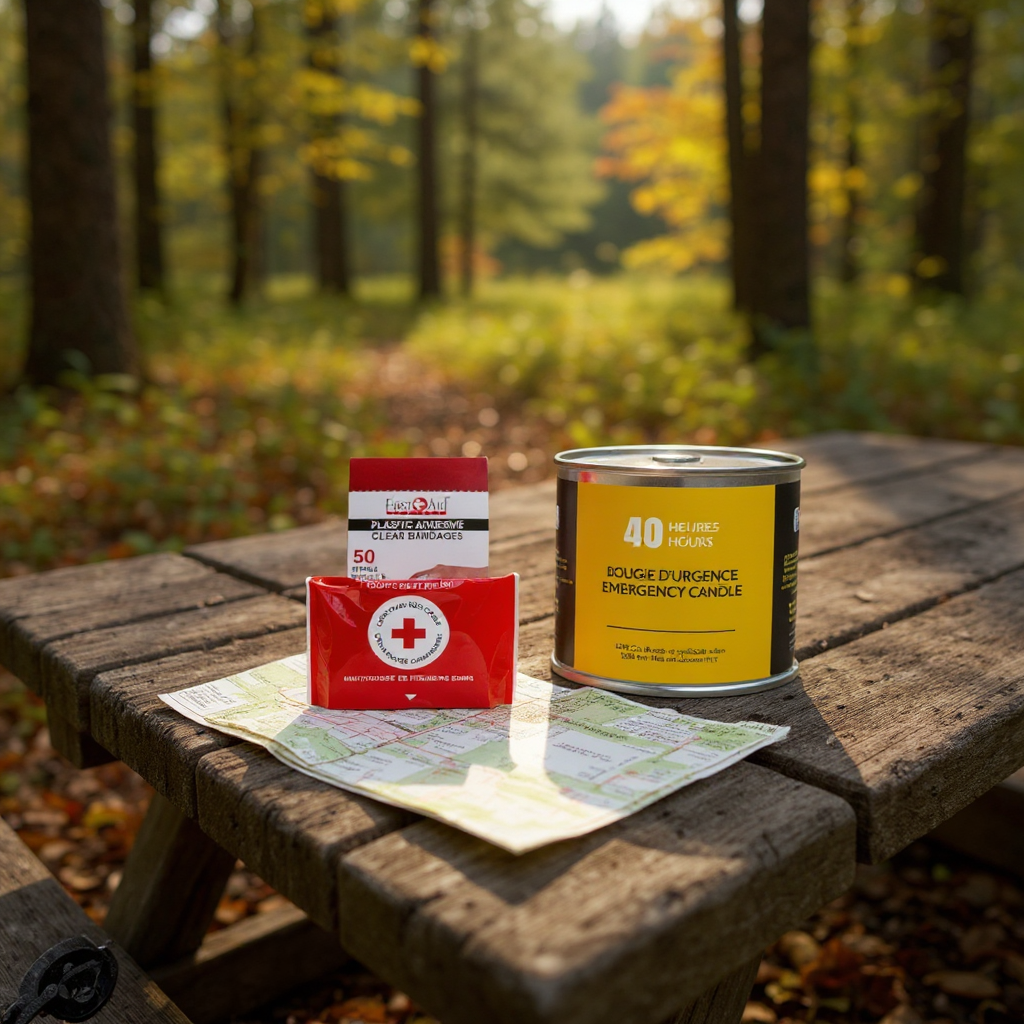
Preparing as a Civilian for Uncertain Times: A Practical Guide
Share
In a constantly changing world, preparing as a civilian for potential unrest or conflict can seem daunting. If we aspire to peace, preparing for the unexpected is a responsible and proactive approach. This article aims to provide practical advice so that civilians can prepare for a period of uncertainty without giving in to fear or paranoia.
1. Stay informed:
Knowledge is a powerful tool. Stay informed about current events, geopolitical situations, and local developments. Follow reliable sources of information and be aware of potential risks. Understanding the world around you is essential for making informed decisions about your preparedness.
2. Emergency preparedness:
Create an emergency kit containing essential items such as non-perishable food, water, first aid supplies, and necessary medications. Make sure your family members know the contents of the kit and where it is stored. Consider including items like flashlights, batteries, a multi-tool, and hygiene products.
3. Develop a communication plan:
Establish a communication plan with your family and friends. In times of crisis, traditional means of communication may be compromised. Consider alternative methods such as walkie-talkies, satellite phones, or offline messaging apps.
4. Build a support network:
Connect with your community and develop a support network. In difficult times, a strong community can provide assistance, resources, and emotional support. Join local community groups, participate in neighborhood watch programs, and attend emergency preparedness workshops.
5. Financial preparation:
Make sure your finances are in order. Have cash on hand, as ATMs and electronic transactions can be disrupted during uncertain times. Diversify your investments and set aside savings for unexpected expenses.
6. Develop basic skills:
Learn basic survival skills, such as first aid, self-defense, and navigation. Knowing how to administer basic medical care or navigate without technology can be invaluable in difficult situations.
7. Maintain good physical shape:
Maintain a healthy lifestyle and good physical fitness. Regular exercise not only contributes to overall well-being, but also improves your ability to manage stress and cope with physically demanding situations.
8. Mental resilience:
Develop your mental resilience to cope with stress and uncertainty. Practice mindfulness, meditation, or other stress-reducing activities. Develop a positive mindset and encourage those around you to do the same.
9. Legal understanding:
Familiarize yourself with local laws and regulations regarding self-defense and emergency situations. Knowing your rights and responsibilities can be crucial in navigating legal challenges during uncertain times.
Conclusion :
While the idea of preparing for a period of uncertainty may seem overwhelming, it's important to approach it with a balanced perspective. The goal isn't to live in fear, but to be proactive and responsible. By staying informed, building a support network, and acquiring essential skills, civilians can improve their preparedness for various situations. Remember that preparedness is an ongoing process, and being ready for the unexpected can bring peace of mind during uncertain times.
